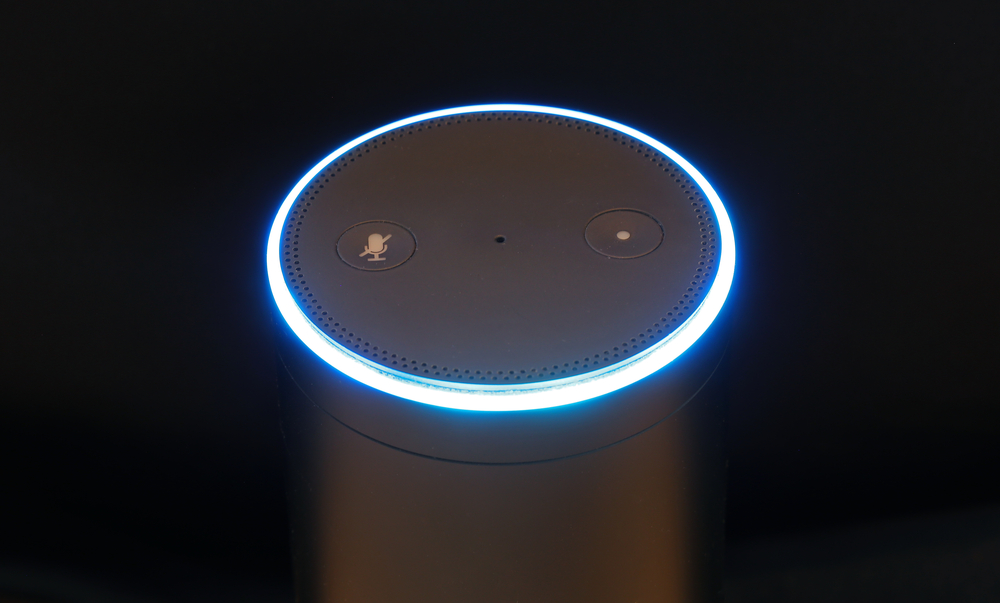Even when traveling, I have an insatiable impulse to read. There are always a couple of hardcovers in my bag for transoceanic flights. On the ground, though, I read e-books on Amazon Kindle. Carrying physical copies of my typical two to three volumes per week is impractical at the best of times — more so when I’m living out of a suitcase in the African Bushveld.
Like my father, I favor history. Last week, I studied the transformation of the Roman Republic into imperial despotism and dynastic instability.
This week I’m covering the Crusades, that fascinating 12th to 13th century attempt to impose medieval European feudalism on what is now Syria, Lebanon, Jordan and Israel.
There are many possible points of comparison. The one that jumps out at me is how often the powerful were brought low by betrayal within their own households. Roman emperors, Turkish atabegs and crusader counts regularly fell victim to assassins drawn from bodyguards, courts and even families.
At least those traitors knew what they were doing. These days, even insensible household objects can betray you…
Deadly Convenience
Mighty Amazon produces many useful things besides the Kindle software on my iPad. Amongst its big hits is Alexa, the virtual assistant built in to its Echo device. Alexa listens constantly, using an array of seven microphones, ready to hear and respond to all sorts of commands and queries, such as “What’s the weather today?” or “Order some more paper towels.”
Naturally, Alexa has become part of the current zeitgeist. For example, a recent episode of the brilliant hacker series Mr. Robot has a world-weary FBI agent asking Alexa philosophical bedtime questions and predictions. Alexa can only respond that “I’m working on that one, ask me a little later.”
Alexa and similar Internet of Things (IoT) technologies may not be able to speculate on the mysteries of existence, but they can certainly remember everything input into them, intentionally or not.
A Nest thermostat, for example, records all automatic temperature changes and can be used to track your daily movements in fine detail as a result. Samsung’s “smart” fridges monitor your food stocks as they rise, fall and change over time. Even lowly kettles can record your coffee habits.
An Arkansas man is about to cross a frightening new frontier in this rapidly evolving “smart” world … potentially taking you with him.
Good Alexa, Bad Alexa
Last week, news outlets reported that Amazon had been served with a search warrant in a murder case in Bentonville, Arkansas. Detectives want to know what Alexa heard in the early hours of November 22, 2015, when Victor Collins was found dead in a hot tub behind a home after a football game.
Alexa listens constantly, recording and transmitting conversations after a “wake word.” It then transmits what it hears back to Amazon for language processing and storage, so it can improve its responses over time. Hence, the Bentonville murder unit’s interest in bringing Alexa down to the station for a little chat.
The chances that Alexa woke and recorded a murder are quite small, of course. It would have to hear its “wake word” and remain in listening mode for quite a while. Amazon, to its credit, has refused to release the full transcript in this case, but it may be compelled to do so by the courts.
But Alexa isn’t the main source of evidence … it’s more useful to corroborate other data collected at suspect James Bates’ house.
Bates had numerous IoT devices in his smart home. He had motion sensors for the lights, a Nest thermometer and a WeMo for his garage door. Crucially, he also had a smart water meter. Police have allegedly found that an unusual amount of water was used in the house late that night, perhaps to clean the victim’s blood from the crime scene.
Testimony by Bates’ smart home could well provide enough circumstantial evidence to send him to prison.
If I Should Die, Do This for Me: Delete My Browser History
In my last few days here in Cape Town, I’m staying with a dear old friend who’s a bit of a card. He plays harmonica for living (seriously) and habitually wears a kilt, a leather jacket and a battered cowboy hat everywhere. He’s also a brilliant quick wit, spouting the heading above within seconds of learning my topic today.
It’s great wisdom. Don’t do illegal things, of course … but just as importantly, pay attention to what’s happening to the information gathered by the smart gadgets around you. Educate yourself about your options in this regard, and make choices that limit your risk. If a given device doesn’t allow that, it’s not worth it.
That’s why I spend so much time in my monthly newsletter and in my regular updates to my subscribers explaining key ways to protect your privacy, your liberties and your assets. Learn how you’re vulnerable and how you can take action.
After all, in our outrageously overregulated society, we all commit approximately three federal felonies every day without knowing it. Your smart house probably will … and when the cops come asking, it’ll tell them everything it knows.
Kind regards,
Ted Bauman
Editor, The Bauman Letter
